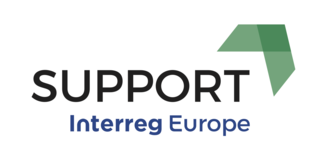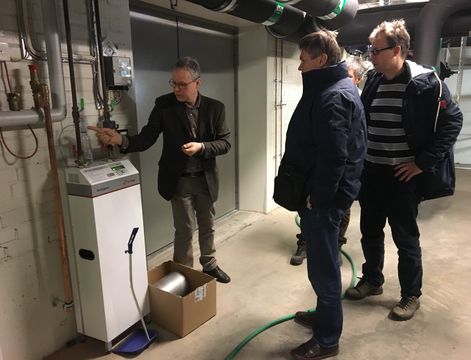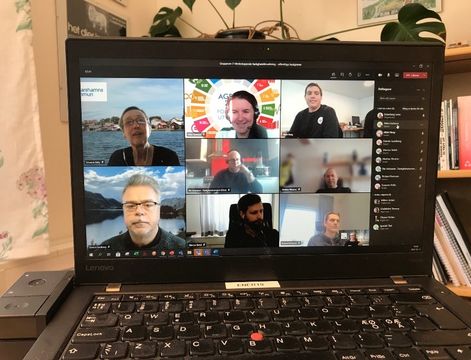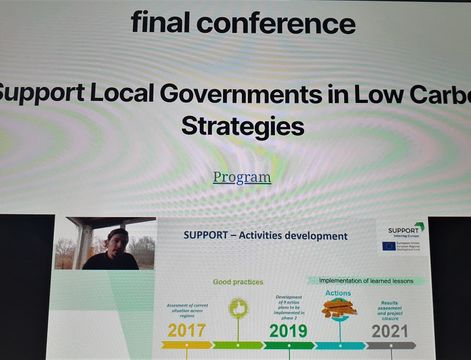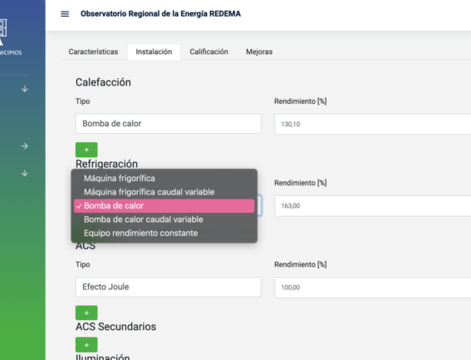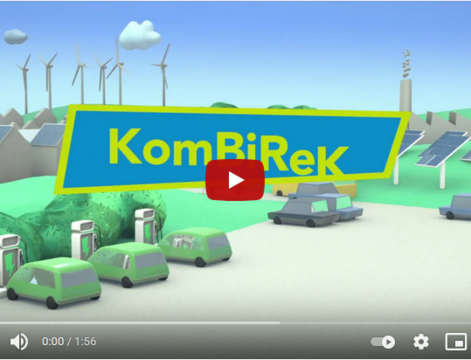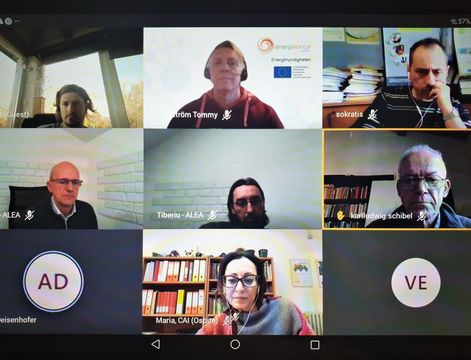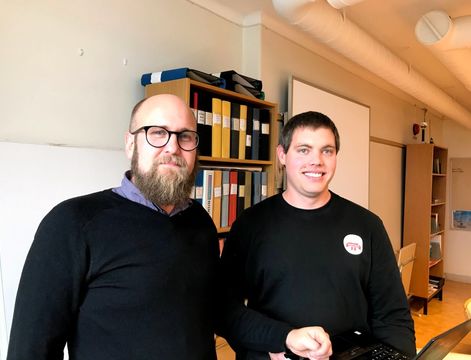Comprehensive and Standardized Energy management
Project leader: Mareen Kilduff
Energy management is of significant importance for municipalities in the implementation of their energy and climate protection strategies. The systematic recording and control of their energy consumption is the groundwork for identifying, prioritization and concretely dealing with potential energy savings and inefficiencies. Only this way can energy consumption and the associated costs be durably reduced. At the same time, municipalities can consistently pursue their own climate protection goals and document their successes.
The Energy Agency of Rhineland-Palatinate (EARLP) are aiming to standardize the municipal energy management in Rhineland-Palatinate, including the process of implementing it, the used software and calculating/ data proceeding methods. The Croatian lead partner (IRENA) presented two systems from Croatia which showed EARLP that it is possible to implement a uniform structure for municipal energy management (EMIS) and to calculate and verify energy savings according to uniform standards (SMiV).
The action aims at implementing a comprehensive and standardized municipal energy management system in Rhineland- Palatinate to help small local authorities or the ones with annual energy costs under 250,000 Euros to better identify efficiency potentials in their building stock. With the learnings from EMIS and SMiV EARLP wants to test how small municipalities can be convinced to implement an energy management system and to show them the added value of such a tool. In one region in Rhineland-Palatinate a pilot project will be carried out where consumption data of different municipalities will be digitally and uniformly recorded.
Meanwhile, EARLP has found two pilot communities. EARLP learned that in the pilot communitiies the acquisition of the hardware was not the problem, but the data transfer. Both municipalities are located in a rural region with poor mobile phone coverage. Due to the poor mobile phone coverage, a new solution for data transmission is being tried out. This involves setting up a WLAN network across the entire community.
The project receives a grant for implementation by the ERDF in order to be able to finance the intensive consultation, build up a data base and negotiations. In addition to the ERDF funding, the pilot municipalities receive additional funding from the state of Rhineland-Palatinate for the installation of the digital recording and evaluation of the data.
EARLP supports the municipalities in jointly tendering the necessary hardware and software so that the service description meets their actual needs. The tender documents were developed by the municipalities with the support of EARLP, the tender is now about to be launched. The implementation of the project will start in May 2020. The reason for the later implementation of the tender are the above mentioned further generated subsidies. The installation of the digital recording and evaluation of the data is funded by the federal government and will not start until May 2020.
The cooperation agreement with the municipalities will therefore be concluded in May 2020.
